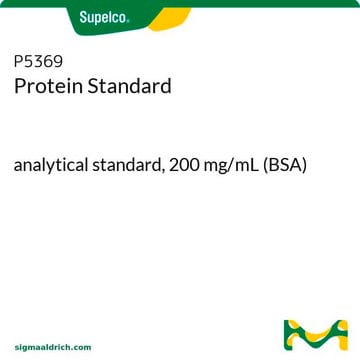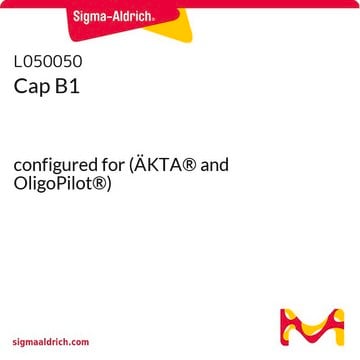P7658
Poly(D-Glu, D-Lys) hydrobromide
suitable for ligand binding assays, Mol wt 20,000-50,000
About This Item
Produits recommandés
product name
Poly(D-Glu, D-Lys) hydrobromide, D-Glu:D-Lys (6:4), mol wt 20,000-50,000
Forme
powder
Niveau de qualité
Ratio alimentaire
D-Glu:D-Lys (6:4)
Poids mol.
20,000-50,000
Technique(s)
ligand binding assay: suitable
Couleur
white
Température de stockage
−20°C
Catégories apparentées
Remarque sur l'analyse
Autres remarques
Code de la classe de stockage
11 - Combustible Solids
Classe de danger pour l'eau (WGK)
WGK 3
Point d'éclair (°F)
Not applicable
Point d'éclair (°C)
Not applicable
Équipement de protection individuelle
Eyeshields, Gloves, type N95 (US)
Certificats d'analyse (COA)
Recherchez un Certificats d'analyse (COA) en saisissant le numéro de lot du produit. Les numéros de lot figurent sur l'étiquette du produit après les mots "Lot" ou "Batch".
Déjà en possession de ce produit ?
Retrouvez la documentation relative aux produits que vous avez récemment achetés dans la Bibliothèque de documents.
Articles
Humankind has utilized protein materials throughout its existence, starting with the use of materials such as wool and silk for warmth and protection from the elements and continuing with the use of recombinant DNA techniques to synthesize proteins with unique and useful properties.
Notre équipe de scientifiques dispose d'une expérience dans tous les secteurs de la recherche, notamment en sciences de la vie, science des matériaux, synthèse chimique, chromatographie, analyse et dans de nombreux autres domaines..
Contacter notre Service technique![1-[2-(Trimethylsilyl)ethoxycarbonyloxy]pyrrolidin-2,5-dione](/deepweb/assets/sigmaaldrich/product/structures/315/669/b4696f8e-7012-4d38-8354-dcfd174cc558/640/b4696f8e-7012-4d38-8354-dcfd174cc558.png)








